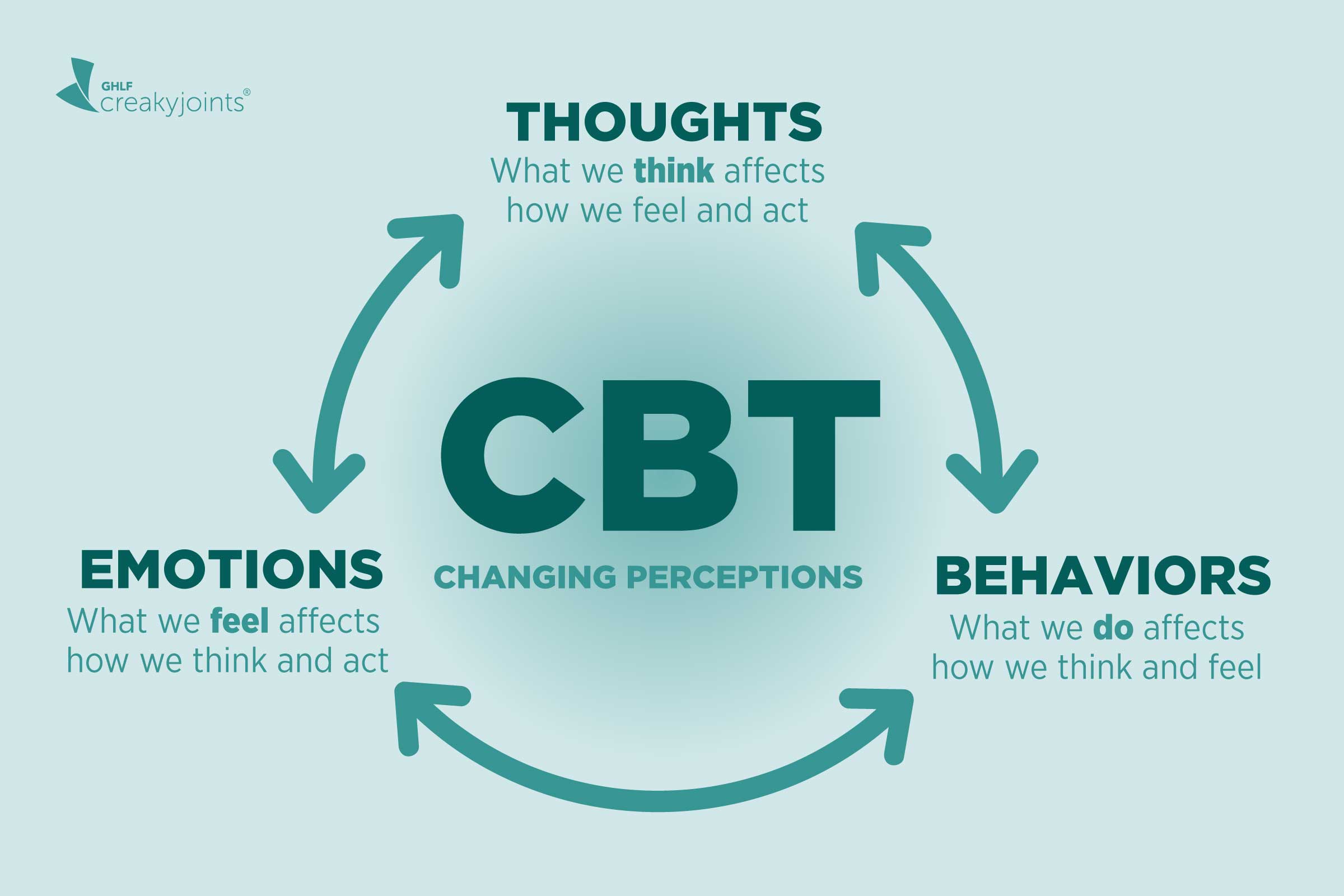Cognitive Behavioral Therapy (CBT) is one of the most effective and widely used treatments for anxiety, depression, and other emotional challenges. It’s based on the idea that our thoughts, feelings, and behaviors are deeply connected—and by changing negative thought patterns, we can transform how we feel and respond to life’s difficulties.
Unlike traditional talk therapy, CBT focuses on practical, structured strategies that help individuals identify distorted thinking and replace it with healthier perspectives. Whether you’re struggling with anxiety, low self-esteem, or unhelpful habits, CBT offers tools to regain control and build mental resilience.
The Core Principles of CBT
At the heart of CBT is the concept that our thoughts shape our reality. If we constantly tell ourselves that we’re not good enough or that things will always go wrong, those beliefs can drive emotional distress and self-defeating behaviors.
CBT helps you become aware of these patterns and teaches you to challenge them through logical reasoning and evidence. Over time, this process allows you to develop a more balanced mindset and respond to challenges with clarity rather than fear or frustration.
How CBT Helps with Anxiety and Depression
For people struggling with anxiety or depression, negative thought loops can be overwhelming. CBT helps break these cycles by focusing on how we interpret events rather than the events themselves.
For instance, if you make a small mistake at work, an anxious thought might be, “I’m terrible at my job.” In CBT, you’d learn to question that assumption and replace it with a more realistic thought, such as “Everyone makes mistakes; I can learn and improve.”
Through consistent practice, these small mindset shifts reduce symptoms of anxiety and depression, leading to greater confidence and emotional balance.
Common CBT Techniques and Strategies
CBT involves a variety of tools that help you identify and reshape your thoughts and behaviors. Some common CBT techniques include:
-
Cognitive Restructuring: Recognizing and reframing irrational or unhelpful beliefs.
-
Behavioral Activation: Encouraging positive actions that counter depressive tendencies.
-
Exposure Therapy: Gradually facing fears in a controlled environment to reduce anxiety.
-
Mindfulness-Based CBT: Combining awareness exercises with traditional cognitive techniques to manage stress and improve focus.
These techniques are typically guided by a therapist but can also be practiced independently once learned, empowering you to manage your thoughts more effectively.
The Power of Self-Awareness and Practice
One of the strengths of CBT is its emphasis on self-awareness. Clients are often given homework—such as journaling thoughts, tracking mood changes, or practicing relaxation techniques—to reinforce what they learn in therapy sessions.
Over time, this consistent reflection helps individuals catch negative thinking early and replace it with constructive responses. With continued effort, the brain begins to “rewire” itself, making positive thinking more natural and automatic.
Why CBT Is So Effective
Research has shown that CBT can be as effective as medication for many people, particularly those with mild to moderate anxiety or depression. The structured nature of CBT ensures measurable progress, and its skills can be applied to nearly every area of life—from relationships and work stress to self-esteem and goal setting.
Moreover, CBT empowers individuals to become their own therapist. Instead of relying solely on external help, patients learn lifelong strategies for emotional regulation and resilience.
Is CBT Right for You?
CBT is a highly adaptable therapy that can be customized to your unique needs. It’s effective for treating conditions like:
-
Generalized Anxiety Disorder (GAD)
-
Depression
-
Obsessive-Compulsive Disorder (OCD)
-
Panic Disorder
-
Post-Traumatic Stress Disorder (PTSD)
-
Social Anxiety
If you’re struggling with overthinking, fear, or unhelpful behavior patterns, CBT could be the key to unlocking long-term emotional stability and growth.
Learn More About Effective Mental Health Treatments
Cognitive Behavioral Therapy offers hope and practical tools for anyone ready to make lasting change. With professional guidance, you can learn to challenge your thoughts, reshape your mindset, and rediscover peace of mind.
To explore personalized therapy options and mental health services, click here to learn more.



